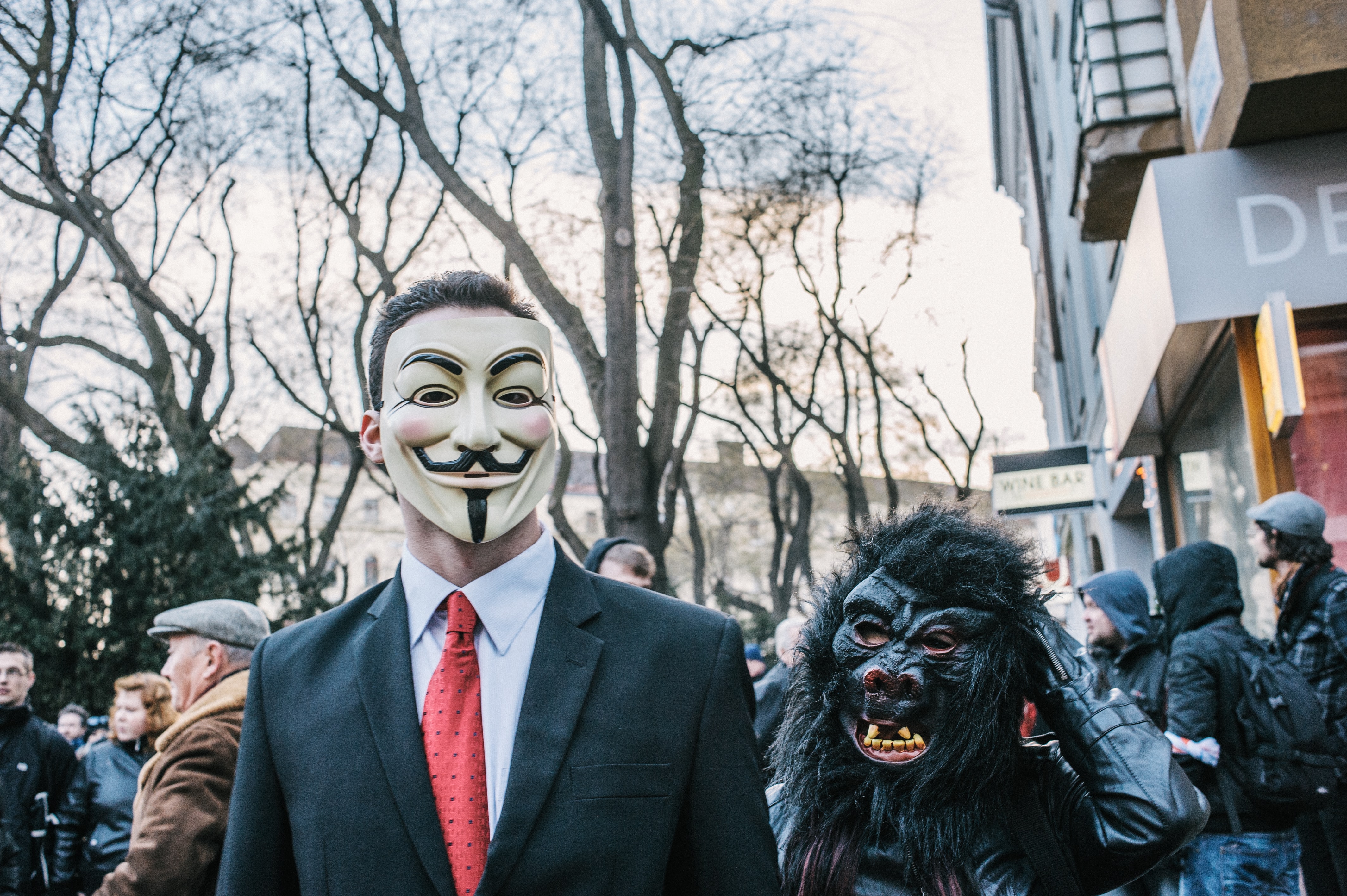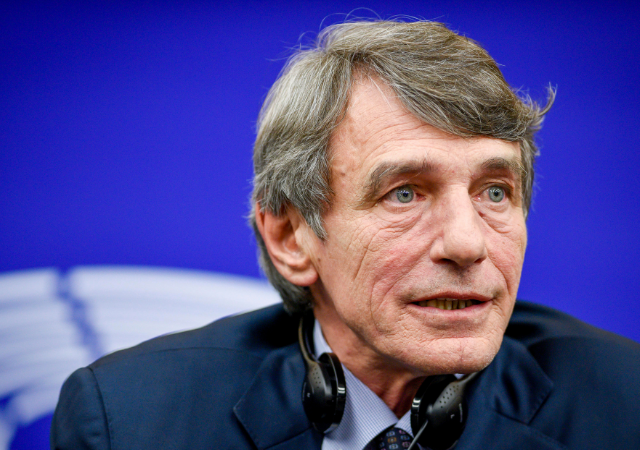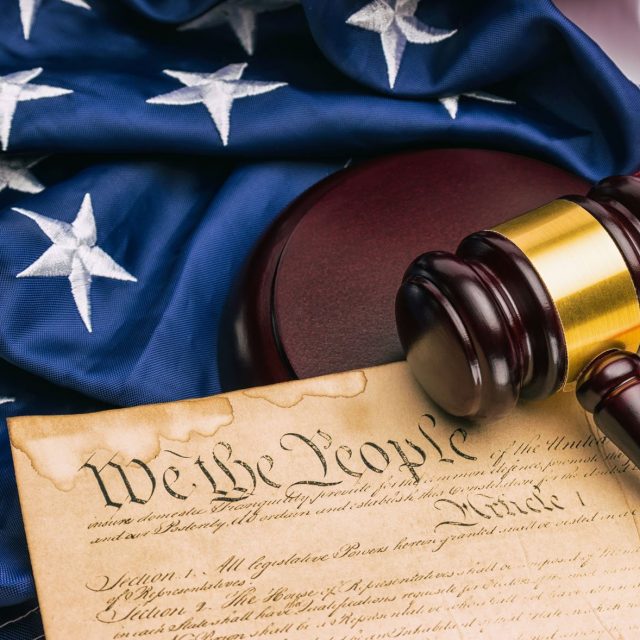Photo by fikry anshor on Unsplash
The European Parliament has just voted for a series of measures aimed at strengthening the fight against corruption, following the revelations in the ‘Qatargate’ scandal. The measures include: A cooling off period for MEPs to prevent revolving doors; to prohibit financial ties with lobbyists; stricter rules on ‘friendship groups’; improved whistleblower protection; strengthen the capacities of OLAF and the EPPO; strengthening of the Transparency Register and extending it to third parties; a Special Committee and a bureau Vice President tasked with anti-corruption.
Philippe Lamberts MEP, President of the Greens/EFA Group, comments: “The revelations have shocked but not surprised us. Corruption is possible when the light of transparency and accountability is missing. Right now we must shine that light on our institutions. We need to urgently reform our institutions to build back the trust that this institution deserves as the House of European democracy. We need the tools to prevent any potential corruption cases in the Parliament and beyond.”
“From tightening the obligations to register lobby meetings from changing the rules around gifts, travel and expenses. We have the will and the chance for a total overhaul of our ethics system. Today’s vote shows the Parliament stands united in the fight against corruption and we take the opportunity to bring about real and far reaching reforms.”

Photo by Michal Matlon on Unsplash
Terry Reintke MEP, President of the Greens/EFA Group, added: “We are shocked and angered by the Qatargate revelations, but we are turning this anger into resolve. We will root out and prevent corruption across the EU institutions. We must take this opportunity to bring about the highest standards of transparency, accountability and integrity, and it will take the strong and united will of all democratic political groups in this House.”
“Our Group has long called for an independent ethics body with the power of investigation and subpoena to look into any possible breaches of trust across the EU institutions. We need an Inquiry Committee in the Parliament to look into the scandal and we should have a position in the Bureau devoted entirely to anti-corruption. We must create an environment where it is impossible for the abuse of power for private gain to take place.”




